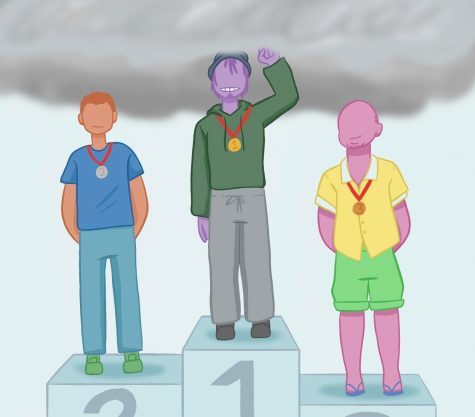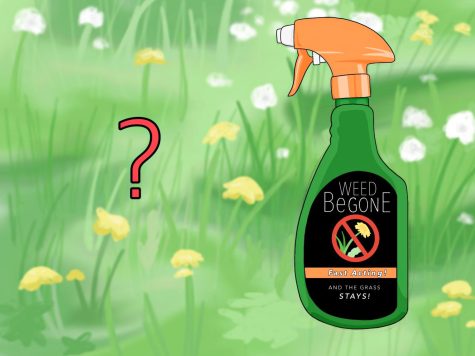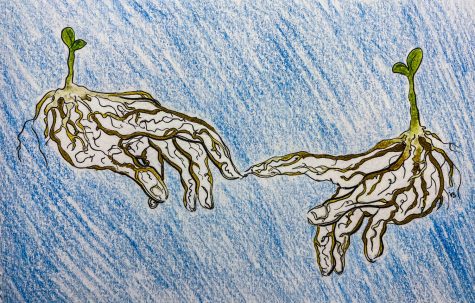Street talk: Common misconceptions about cannabis use throughout generations
Students say cannabis stigmas coming to end through accepting younger generations
Sophomore Speech and Hearing Sciences Major Eliza Moore shares her thoughts on cannabis on April 12.
April 14, 2022
WSU students said cannabis misconceptions are still relevant, but they are not as stigmatized as they used to be.
Eliza Moore, sophomore speech and hearing major, said she has heard misconceptions and debates about how addictive cannabis can be.
“I have heard things where weed can create a medical addiction or [people] maybe get an emotional reliance on it, but it may not be a real addiction,” Moore said.
She said cannabis is not legal in all 50 states, so people may associate the illegal substance with a negative stigma.
“I think in the past there’s been an even bigger stigma than there is now, and people in older generations probably still hold onto that,” Moore said.
Logan Ache, freshman criminal justice major, said she thinks there are a lot of misconceptions that classify cannabis in the same category as heroin or cocaine, but she strongly believes that this is not true.
Ache said these common misconceptions about cannabis exist because there have not been recent studies on the substance, and older generations do not understand its medical and recreational uses.
“Most of the time, older generations are not open, and I think people now are hearing about it in a different light through new research,” Ache said.
Ache said the cannabis legalization in some states has helped change people’s perceptions and reduce the stigma it has held for generations.
Margot Pas, sophomore criminal justice major, said people mainly associate cannabis with laziness.
“I feel like not too long ago, the use of marijuana was stigmatized, and people who use it are seen as ‘less than’ and not hard-working,” she said.
Pas said she feels that older generations have a difficult time accepting cannabis use and its legalization.
Younger generations advocate for cannabis use both recreationally and medically because they are raised with the freedom to be a cannabis user and a productive citizen in society, she said.
Ariana Burr, freshman English and history double major, said there remains little known about cannabis, and there are many fear tactics associated with its use.
Burr said the legalization of cannabis in Oregon and Washington in particular, has opened up a lot of closed-minded people because studies now show cannabis to be effective for common medical purposes.
Sophomore psychology major Chloe Obert, said she will never understand the stigma of cannabis because alcohol is widely accepted.
“It makes me frustrated because there are so many studies that show the great benefits weed can have for people. Alcohol has little-to-no benefits, but nobody says anything about the use of it,” Obert said.
















